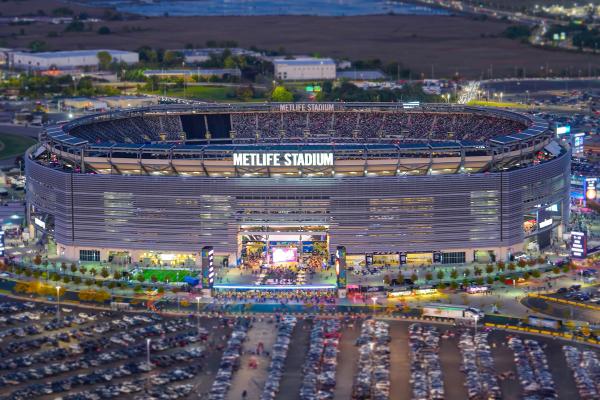With the 2026 FIFA World Cup set to be the biggest in history, excitement is mounting as 48 teams prepare to compete across 16 cities in the United States, Canada, and Mexico. However, alongside the growing anticipation, controversy is brewing over record-breaking ticket prices especially for the final at MetLife Stadium in New Jersey.
According to FIFA’s ticketing structure, the most expensive Category 1 seat for the final will cost around Ksh 734,000 ($6,730), making it the priciest World Cup match-day ticket ever. Even the most affordable Category 4 tickets are priced at about Ksh 221,000 ($2,030). Most upper-deck seats range between $2,790 and $4,210, with prices likely to rise further due to FIFA’s use of dynamic pricing — a system that adjusts costs based on demand.
Fans have raised strong concerns about affordability, arguing that such prices risk excluding ordinary supporters. The combination of costly tickets, transatlantic travel, and high accommodation rates is expected to make this the most expensive World Cup for fans in history. Supporter groups have also criticized FIFA’s official resale platform, which charges a 15% commission and imposes no price cap, fueling fears of inflated resale values.
Many fans are urging FIFA to ensure that affordable ticket allocations are made available to participating nations, particularly for seats behind the goals where national supporters traditionally gather. They argue that the spirit of the World Cup lies in accessibility and inclusivity, not exclusivity driven by profit and demand.
FIFA, however, has defended its pricing model, saying it reflects the global demand and scale of the event. The organization emphasized that group stage tickets will start from $60, which it considers competitive for a global sporting event in North America. FIFA also stated that it has set aside “ringfenced allocations” at fixed prices for certain fan groups to promote fairness and accessibility.
As a not-for-profit organization, FIFA insists that the revenue from ticket sales will be reinvested into global football development. It plans to channel over 90% of its budget for 2023–2026 back into the game through investments in men’s, women’s, and youth football across its 211 member associations worldwide.
Still, as the countdown to 2026 continues, the debate over ticket affordability is unlikely to fade — especially for fans dreaming of witnessing history at MetLife Stadium.

